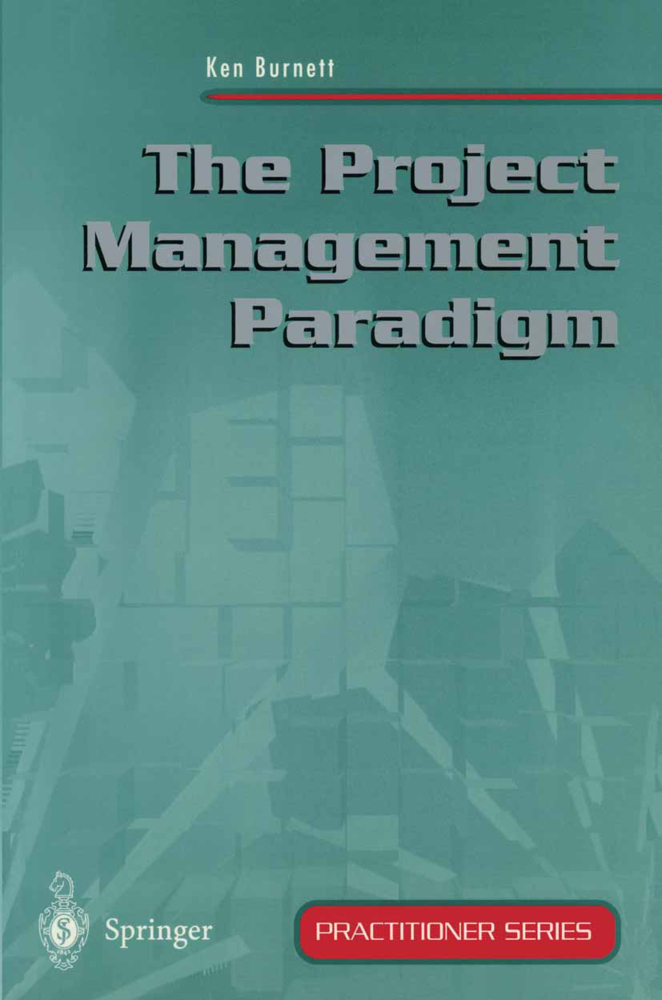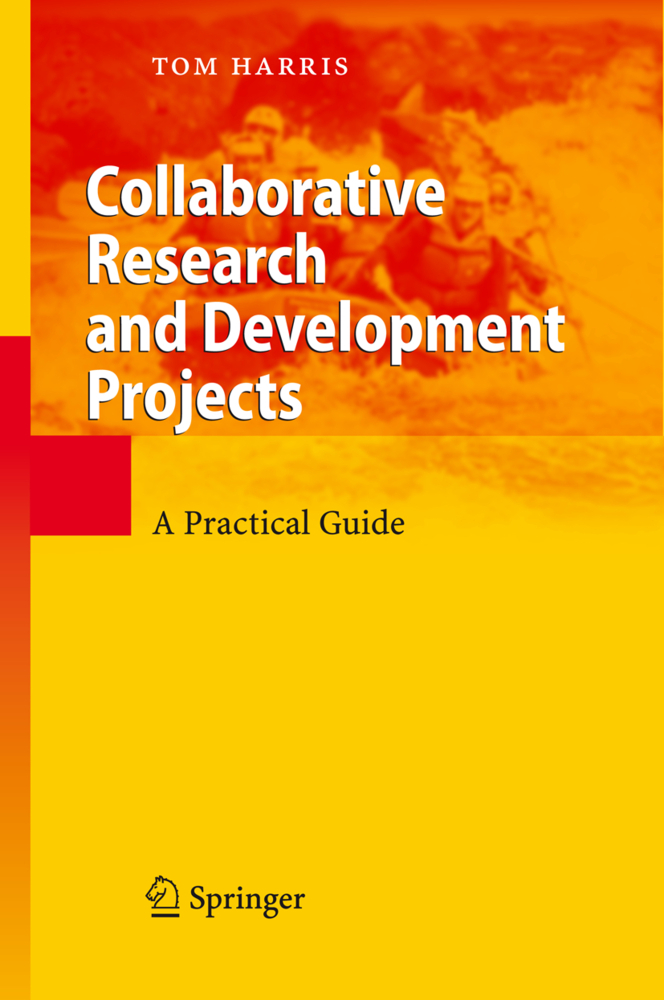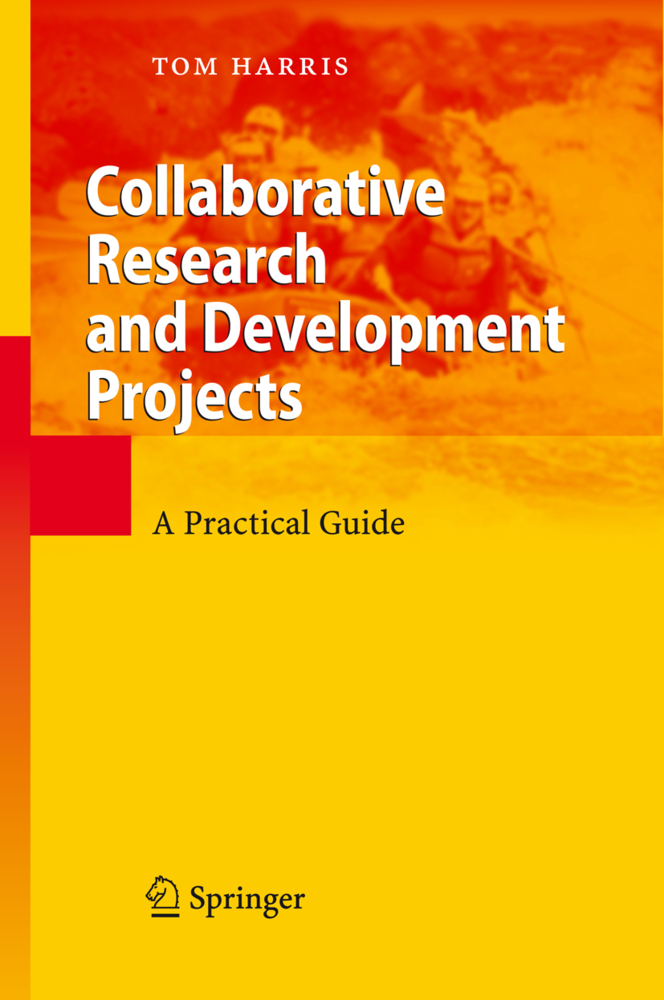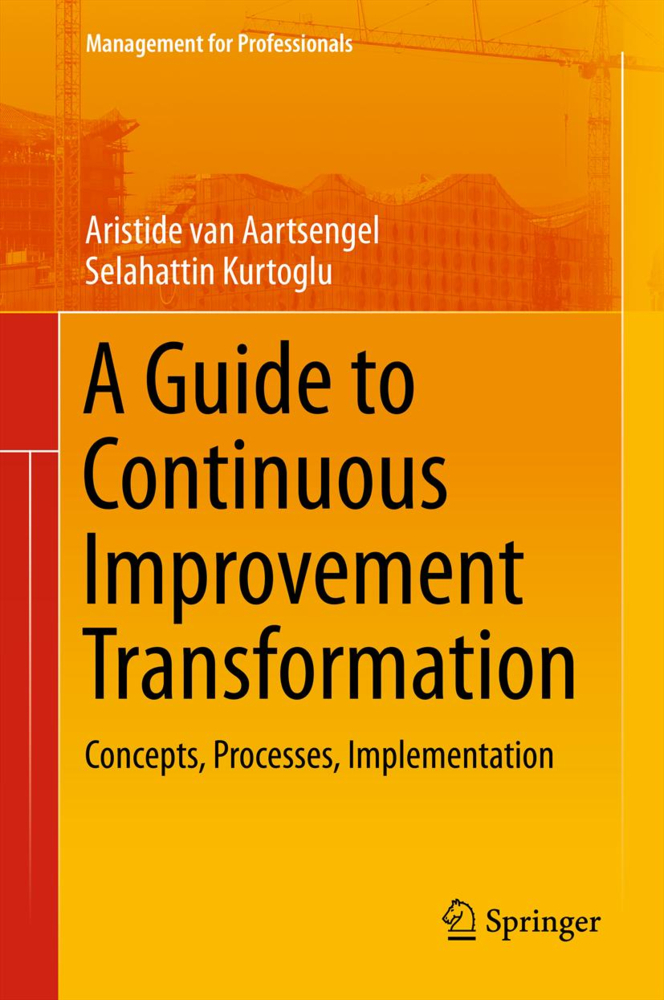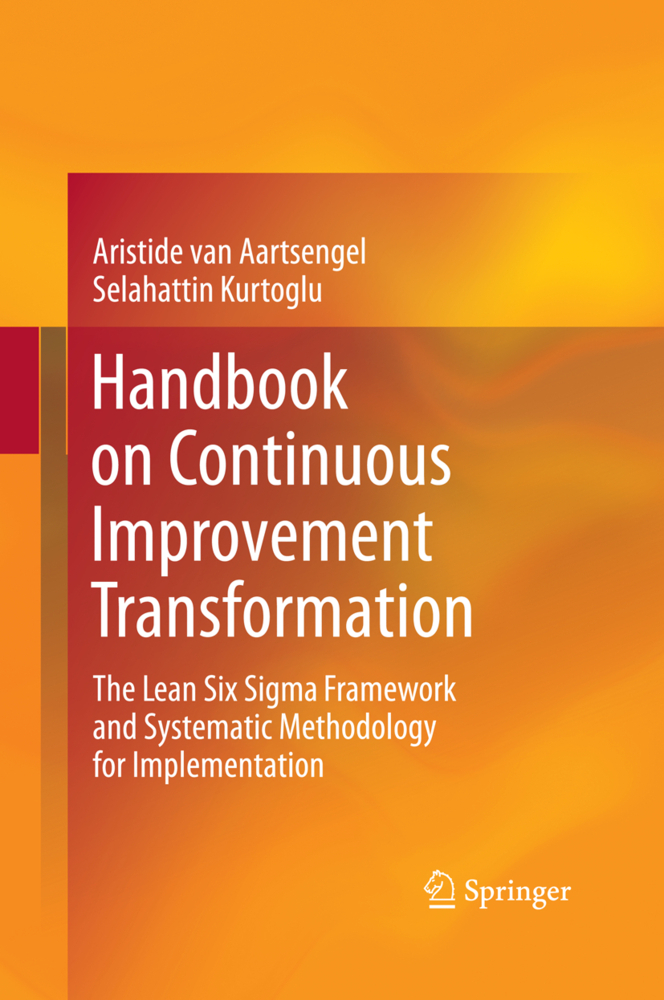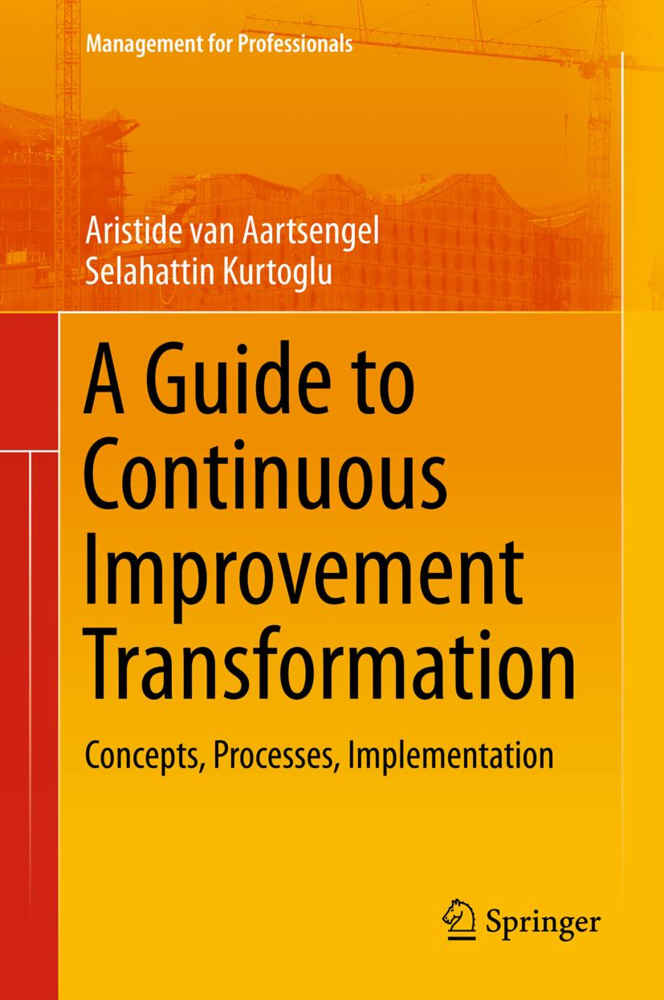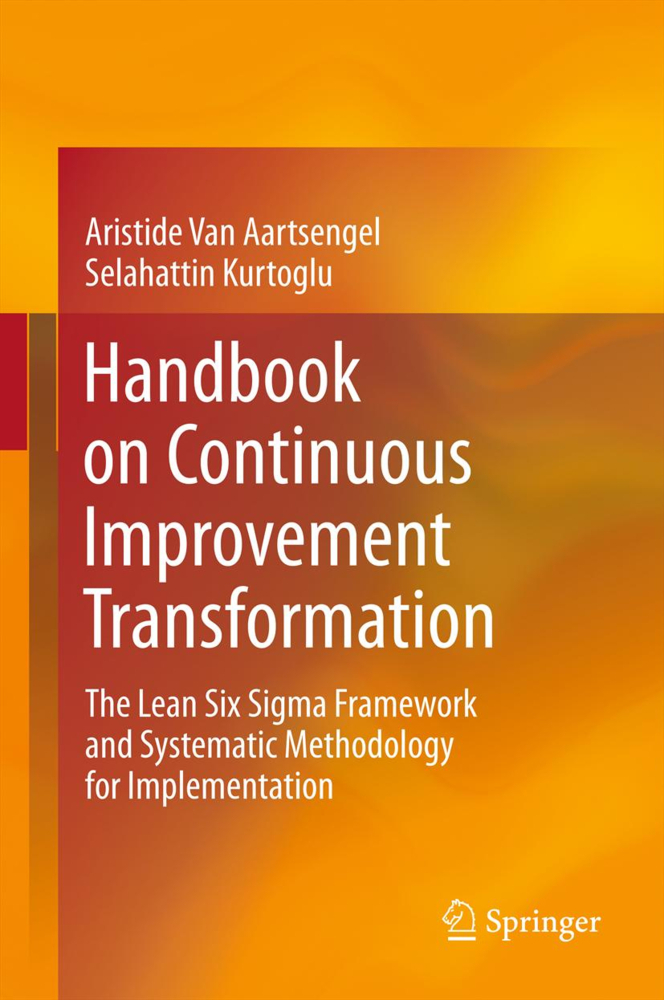The Project Management Paradigm
The Project Management Paradigm
Introduction The changing business environment, of global operations, mergers, decen tralization, increased competition, pressure on budgets etc. , has contributed to a positive change in the workplace. As this change continues, we must keep up to date and follow good standards, principles and practices. To help, we present the 'Paradigm of Project Management', which is based on a simple practical approach to managing projects. The method is flexible and may be applied to any project, although in this book we concentrate on the devel opment of systems. However, it also illustrates that the formation and management of project teams are changing in line with technology. As Dr Tom Peters says: 'Stability and predictability are gone forever . . . '. For example, project teams may work from home (telework), using email and groupware along 'electronic highways'. Therefore, instead of going through a pyramid of people to reach an executive, one can use the Internet, an intranet or an extranet and go direct. Another change is represented by the transient teams and Get -it -Done working approaches. An example of how a global project was managed is one in which Malaysia's International Shipping Corporation (MISC) implemented MISC*Net, a networking project to link online all of its shipping agents worldwide to its HQ in Malaysia. Project management was a key component in the solution prior to awarding the contract. IBM and MISC worked on the International Project Management System.
3. Quality Management and Testing
4. Systems Project Development Activities
5. Project Roles and Responsibilities
6. Project Initiation
7. Tools of Project Management
8. Project Control
9. Project and Stage Completion Activities
Summary
References.
1. The Philosophy of Project Management
2. Elements of the Project Management Methodology3. Quality Management and Testing
4. Systems Project Development Activities
5. Project Roles and Responsibilities
6. Project Initiation
7. Tools of Project Management
8. Project Control
9. Project and Stage Completion Activities
Summary
References.
Burnett, Ken
| ISBN | 9783540762386 |
|---|---|
| Medientyp | Buch |
| Copyrightjahr | 1998 |
| Verlag | Springer, Berlin |
| Umfang | 261 Seiten |
| Sprache | Englisch |

